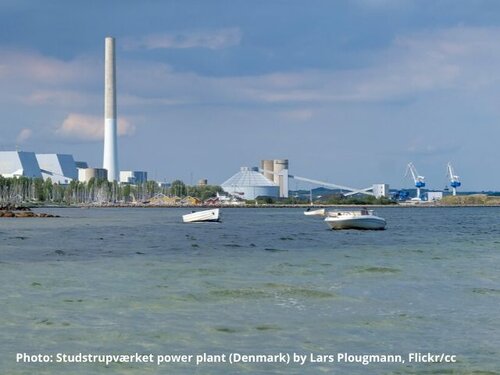
In May 2020, the European Commission approved a EUR 550 million Danish state aid scheme to support the production of electricity from biomass combustion through 2029, in line with its current Guidelines on State Aid for Environmental Protection and Energy (EEAG). The EEAG will be revised in 2021, providing an urgent opportunity to address the leniency of current state aid rules around supporting solid biomass for energy.
Such leniency is difficult to justify, considering that the (relatively high) external costs – e.g., emissions and pollution – of burning solid biomass are currently not considered in state aid assessments. This can give a skewed assessment of biomass’ cost-effectiveness in terms of helping meet the Commission goal of lowering the costs of renewable energy and encouraging innovation.
In the Danish case, the Commission found that the scheme would help Denmark reach its renewables target and planned coal phase-out and would contribute to the energy and environmental objectives set by the European Green Deal, without unduly distorting competition. While the public version of this decision is not yet available, it will likely show that significant external costs – such as greenhouse-gas emissions and air pollution from biomass burning, and potential biodiversity loss from forest harvests – were not considered.
The Commission’s decision came only a day after Denmark’s own Energy Agency recognised that biomass burning can result in higher emissions compared to fossil fuels, and highlighted that biomass emissions can go unaccounted. Over half of the woody biomass burned in Danish energy plants is imported from forests logged overseas.
In light of the Green Deal ambition, forests’ role as carbon sinks will need to increase; this means the role of forest biomass for (bio)energy is severely restricted. The revision of the EEAG is an opportunity to take a more cautious approach to support for forest biomass, with an eye to a sustainable, cost-effective and long-term transition to decarbonising the energy sector.
